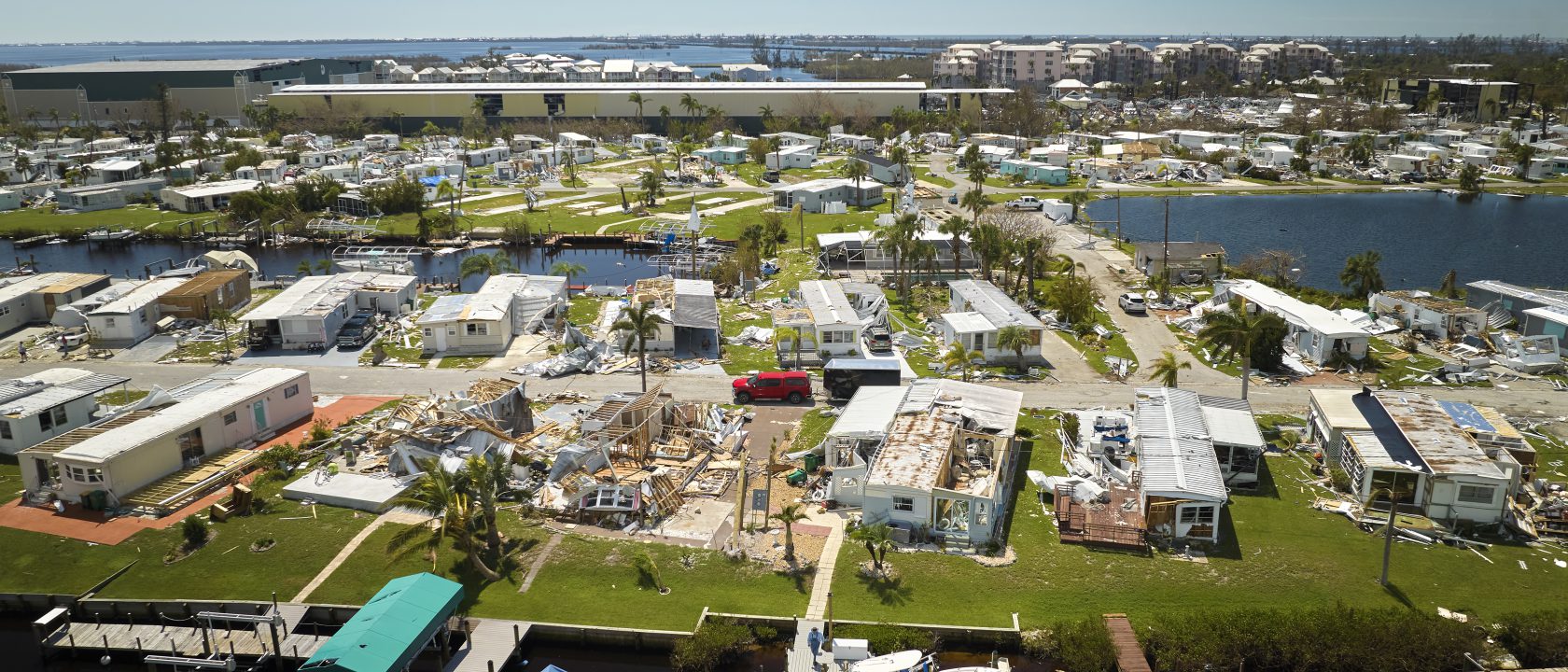
Hurricane Ian and Subsequent Destruction
In late September, Hurricane Ian wreaked havoc on southwest Florida in what can be described as one of the deadliest hurricanes to strike the tropical state. In total, Ian caused more than 100 deaths, a majority in Florida, and is responsible for an estimated $53 to 74 billion in losses. Hurricane Ian was also responsible for around 3.4 million power outages in the United States and over $60 billion in insured losses, making it the second-largest natural disaster loss on record. Though the hurricane finally dissipated on October 2nd, the damage it caused will be felt for a long time by the people affected.
Ian’s Massive Effect on National Supply Chains
Of course, the human toll caused by Hurricane Ian is tragic in and of itself. Hundreds dead, more injured, people being displaced from their homes, and losing loved ones in the process. It’s a horrible event for everyone involved. The damages from Ian also include a severe impact on supply chains in the southeast United States, which has led to a massive reduction in deliveries made to cities in the path of the hurricane, with week-over-week delivery volume being down as much as 60%.
This wouldn’t be the first time that a hurricane has significantly impacted U.S. supply chains. In 2017, Hurricane Harvey effectively shut down the main channel used for shipping crude and petroleum products, shutting down around 4 million barrels of oil refining capacity. In 2005, Hurricane Katrina, one of the worst hurricanes to hit the United States in the 21st century, was responsible for disrupting one of the largest American commercial ports, directly affecting global commerce, with companies experiencing lost revenues from a combination of labor shortages, port backups, lack of warehouse space and production delays. Given the increasingly extreme weather patterns caused by climate change, it’s fair to assume that these supply chain challenges will only increase in both damages caused and quantity of events in future years.
Connecting Climate Change, Extreme Weather Patterns, and Sustainable Investing
Extreme weather conditions – such as hurricanes, heat waves, and earthquakes – all have one thing in common, their devastating impact on both the economy and society in general. While it can be easy to think that these events only occur every once in a blue moon, studies have shown that these events are only going to become more frequent as a result of human-induced climate change. Investors should be aware of the impact their investments may have on causing these extreme weather patterns and will have to manage the risk their portfolios may face from companies with supply chains heavily affected by these extreme weather patterns. It would also be to an investor’s advantage to become aware of the potential risks that come with a company’s production and operations of its products. Creating literacy around the sustainability of a specific product or service may help to limit the likelihood of additional disasters in the future.
Physis is a fintech company that offers investors a variety of sustainability offerings and data to manage, track, and understand the impacts of your investments. We make it easy for institutional investors to prove the sustainability of a company or fund beyond the ambiguous ESG score. Find out how we can help you today!
